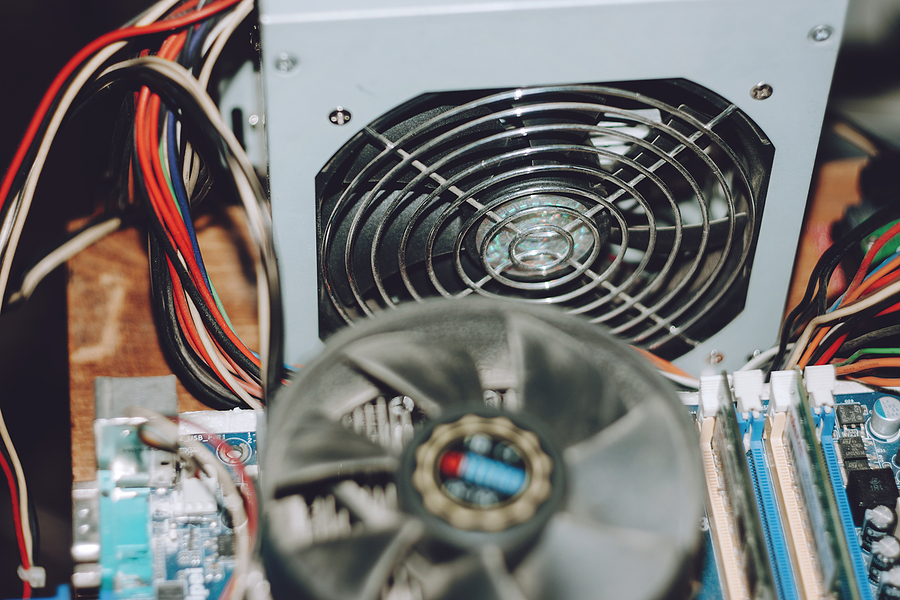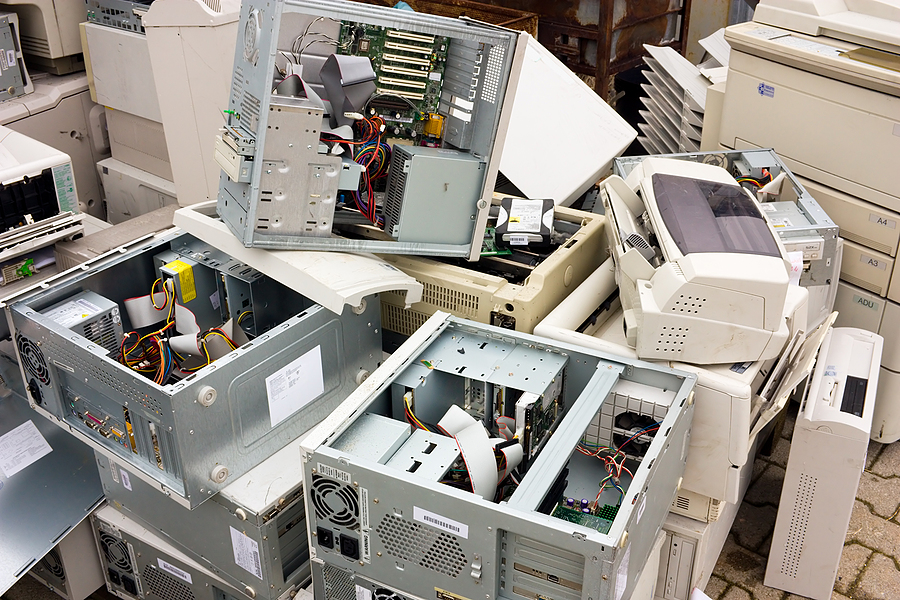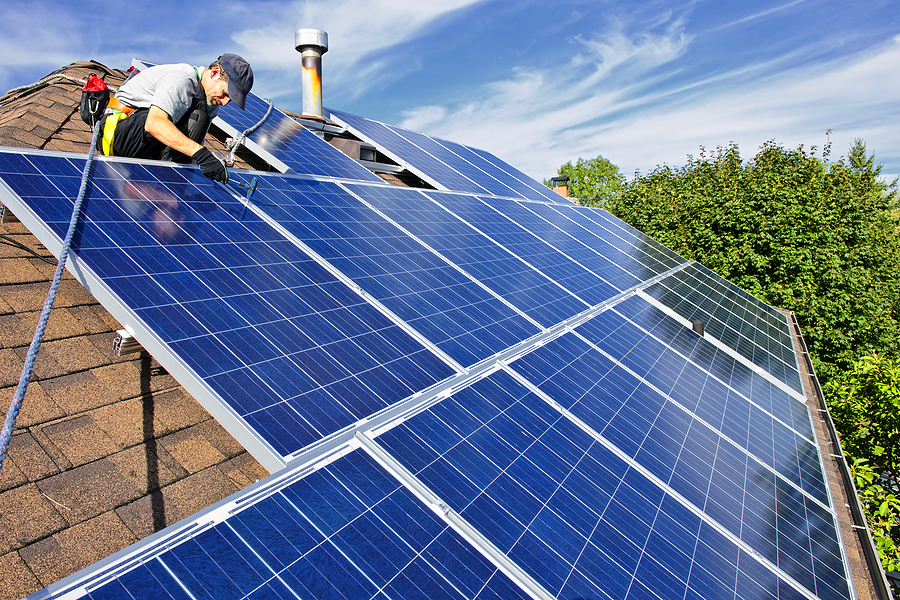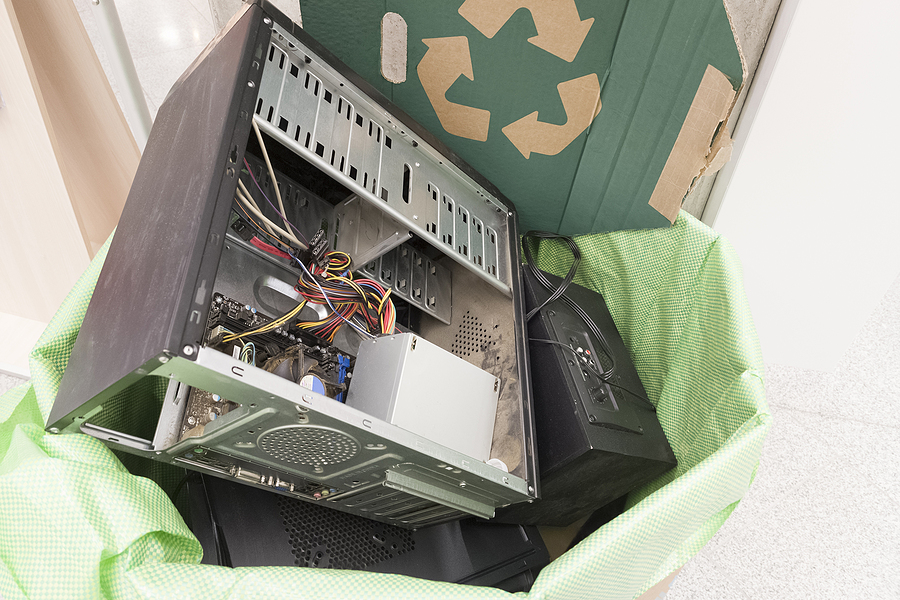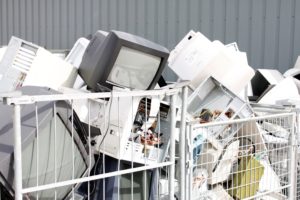E-waste is becoming a significant concern in today’s tech-driven world. From old smartphones to outdated computers, our homes are filled with electronic devices that eventually need replacing. However, improper disposal of these gadgets can have detrimental effects on both the environment and human health.
This blog post aims to guide Eco-conscious consumers, homeowners, and tech enthusiasts through the different types of e-waste found around the house and how to recycle them responsibly. Let’s explore the importance of electronic waste management and learn practical steps for environmentally friendly disposal.

Types of E-Waste in the Home
Old Smartphones and Tablets
Smartphones and tablets are among the most common forms of e-waste found in homes. With rapid advancements in technology, many of us upgrade our devices every few years. These old devices often end up in drawers or, worse, in landfills. They contain valuable metals like gold and silver, as well as harmful substances such as lead and mercury.
Computers and Laptops
Outdated computers and laptops are another significant source of electronic waste. Whether it’s an old desktop that’s been replaced by a sleeker model or a laptop that no longer meets your needs, these devices contribute massively to the e-waste problem. They, too, contain recyclable materials and toxic components.
Batteries
Batteries from various household gadgets, including remote controls, toys, and cordless phones, add to the electronic waste pile. Over time, these batteries can leak harmful chemicals into the soil and water if not disposed of correctly. Special collections and recycling programs are essential for managing battery waste.
GPS Units
With the widespread use of smartphones for navigation, standalone GPS units have become less common. These outdated devices often end up forgotten in a drawer or discarded improperly. Recycling them can help recover valuable materials and prevent environmental contamination.
Landline Phones
Landline phones may seem like relics of the past, but many households still have them. When these phones become obsolete, they contribute to the e-waste stream. Proper disposal ensures that harmful substances don’t leach into the environment.
Stereos and DVD Players
Entertainment technology evolves rapidly, rendering stereos and DVD players obsolete. These devices contain various metals and plastics that can be recycled. Keeping them out of landfills helps conserve resources and reduce environmental harm.
Video Game Consoles
Gaming consoles are another category of electronic waste often found in homes. Older models are frequently replaced by newer versions, leading to a buildup of unused devices. Proper recycling or donating to those in need can mitigate their environmental impact.
Appliances
Small household appliances like toasters, microwaves, and coffee makers also contribute to e-waste. These items contain metal, plastic, and electronic components that should be recycled rather than thrown away. Many local recycling centers accept small appliances for proper disposal.
Environmental Impact of Junk Electronics
Improper disposal of e-waste has severe consequences for the environment and human health. When electronic devices end up in landfills, harmful substances like lead, mercury, and cadmium can leach into the soil and water. These toxins can contaminate drinking water sources and harm wildlife. Additionally, the valuable metals and materials in electronic waste go to waste when not recycled. By understanding the environmental impact, we can see the importance of responsible e-waste management.
Electronics Recycling Solutions
Local Recycling Centers
Many communities have local recycling centers that accept e-waste. These centers ensure that electronic devices are dismantled and recycled correctly, recovering valuable materials and preventing environmental contamination. Check with your local municipality for drop-off locations and accepted items.
Manufacturer Take-Back Programs
Several electronics manufacturers offer take-back programs for their products. These programs allow consumers to return old devices to the manufacturer for proper recycling. Brands like Apple, Dell, and HP have established recycling initiatives to encourage responsible disposal.
E-Waste Collection Events
Communities often organize e-waste collection events where residents can drop off their old electronics for recycling. These events are a convenient way to dispose of large quantities of e-waste safely. Keep an eye on local event announcements to participate in these eco-friendly initiatives.
DIY Tips for E-Waste Management
☑ Reduce: The first step in managing e-waste is to reduce the number of electronic devices we purchase. Consider whether you really need the latest gadget or if your current device can still serve its purpose. Reducing consumption is one of the most effective ways to minimize e-waste.
☑ Reuse: Before discarding old electronics, think about whether they can be reused. Many devices can be donated to schools, non-profits, or individuals in need. Repurposing electronics extends their lifecycle and reduces waste.
☑ Recycle: When it’s time to part with old electronics, recycling is the best option. Separate batteries, chargers, and accessories from the main device and ensure each component goes to the appropriate recycling facility. Many retailers and community centers offer drop-off points for e-waste recycling.
☑ Safe Battery Disposal: Batteries require special handling due to their toxic components. Store used batteries in a safe container and take them to designated recycling points. Many hardware stores and recycling centers accept used batteries for proper disposal.
☑ Donating Electronics: Consider donating functioning electronics to organizations that can use them. Schools, shelters, and non-profits often need electronic devices for various purposes. Donating not only helps others but also reduces the volume of e-waste.
The Future of the Electronic Waste Problem
Innovation in technology and recycling methods holds promise for reducing electronic waste in the future. Many companies are developing Eco-friendly products and packaging to minimize environmental impact. Additionally, the concept of a circular economy, where products are designed for reuse and recycling, is gaining traction. By supporting these initiatives, we can work towards a more sustainable future.
Final Thoughts
In conclusion, managing e-waste is crucial for protecting our environment and health. By understanding the types of e-waste found in our homes and adopting responsible disposal practices, we can make a significant impact. Start by assessing your electronic devices, reducing unnecessary purchases, and recycling old gadgets properly. Encourage your community to participate in e-waste recycling programs and share the importance of responsible e-waste management. Together, we can create a cleaner, healthier world.
Take the first step right now and recycle your old electronics and appliances. Contact Zore’s Recycling at 317-247-8484 for professional e-waste recycling services in Indianapolis, Indiana. We pay cash on the spot for all scrap metal materials and metal items, including appliances, junk cars, copper wiring, construction scrap, and much more.
Related Posts:
Protect Our Eco-System By Recycling Old Cell Phones and Other Electronic Devices
6 Benefits of Recycling Your Electronic Waste
Eco-Friendly Disposal: A Complete Guide to Recycling Your Electronics

